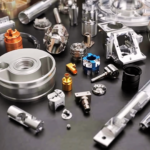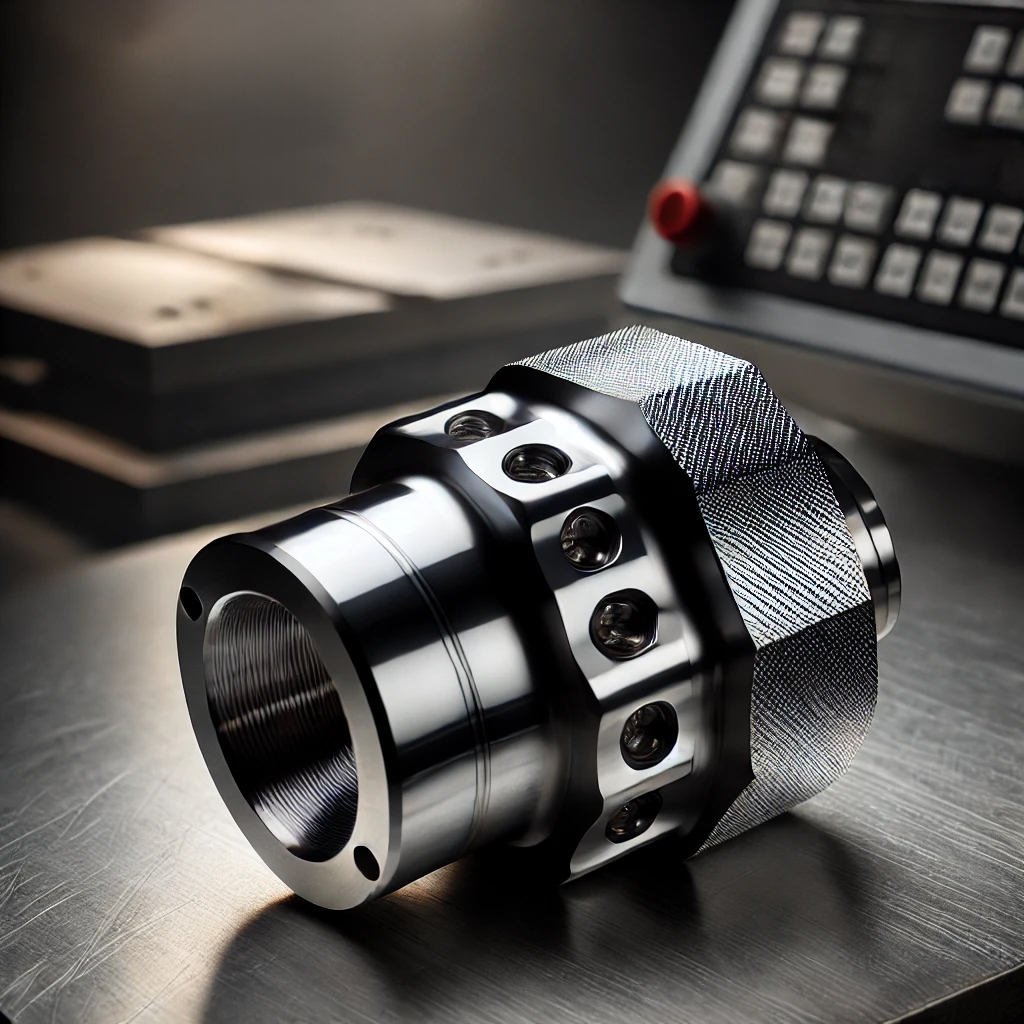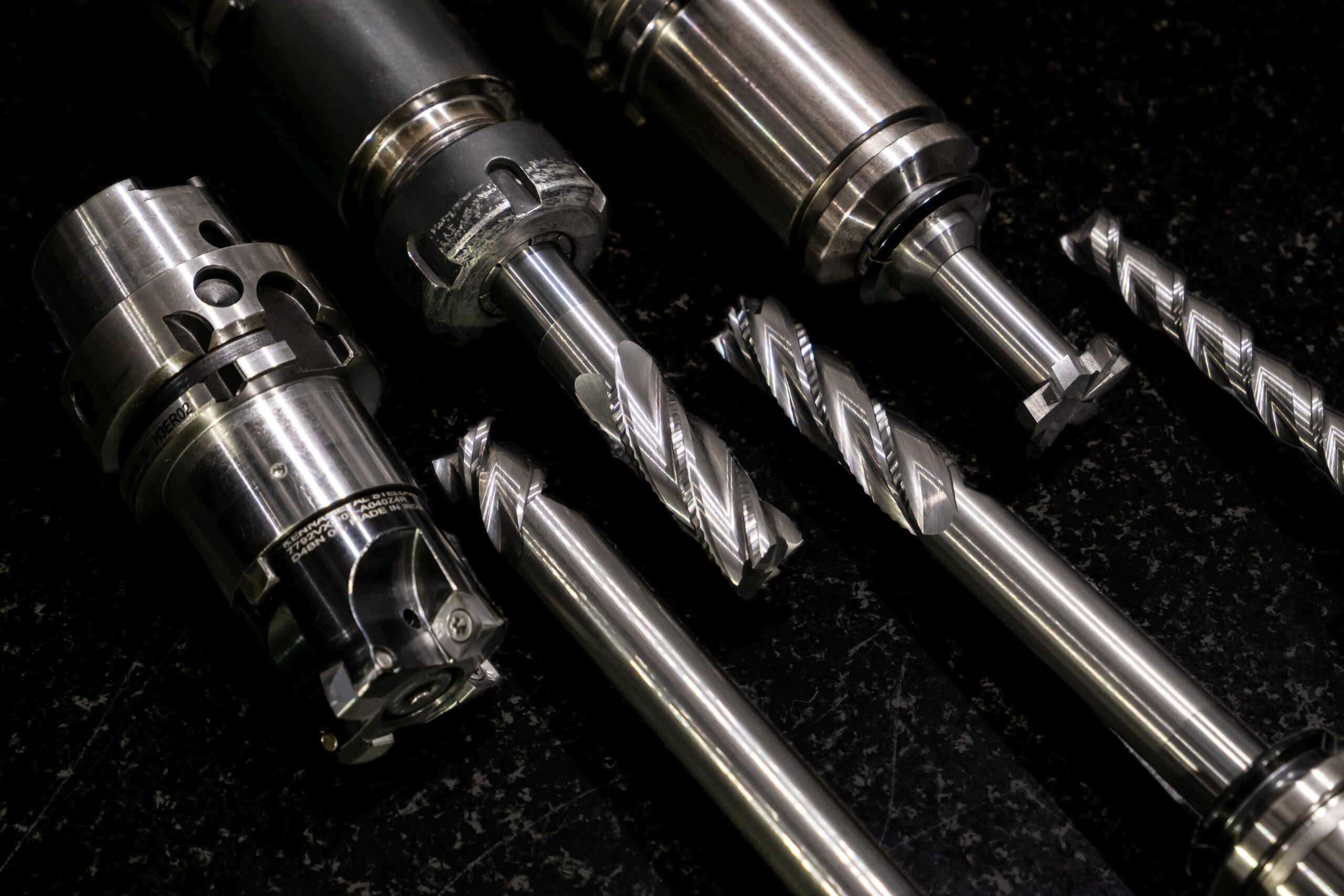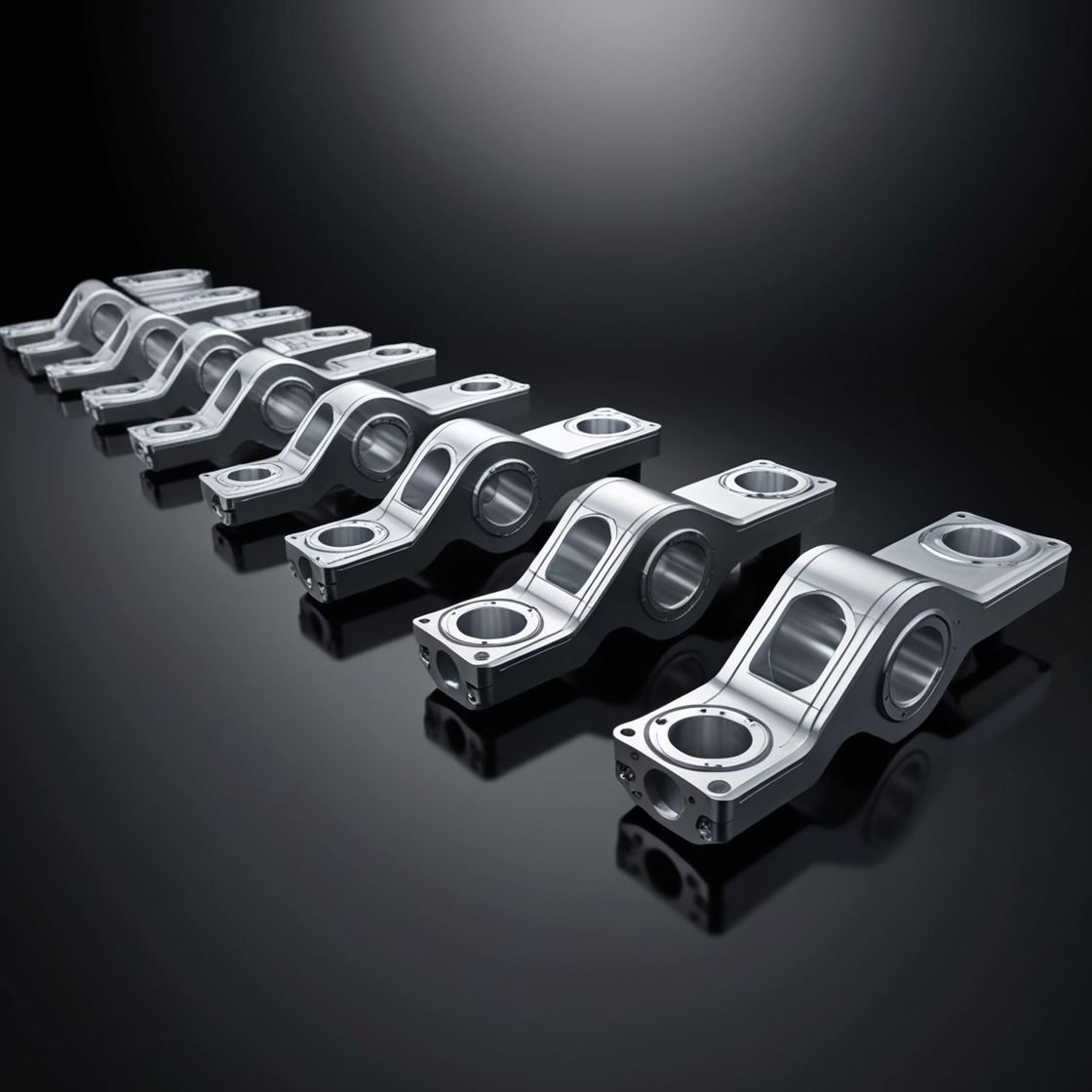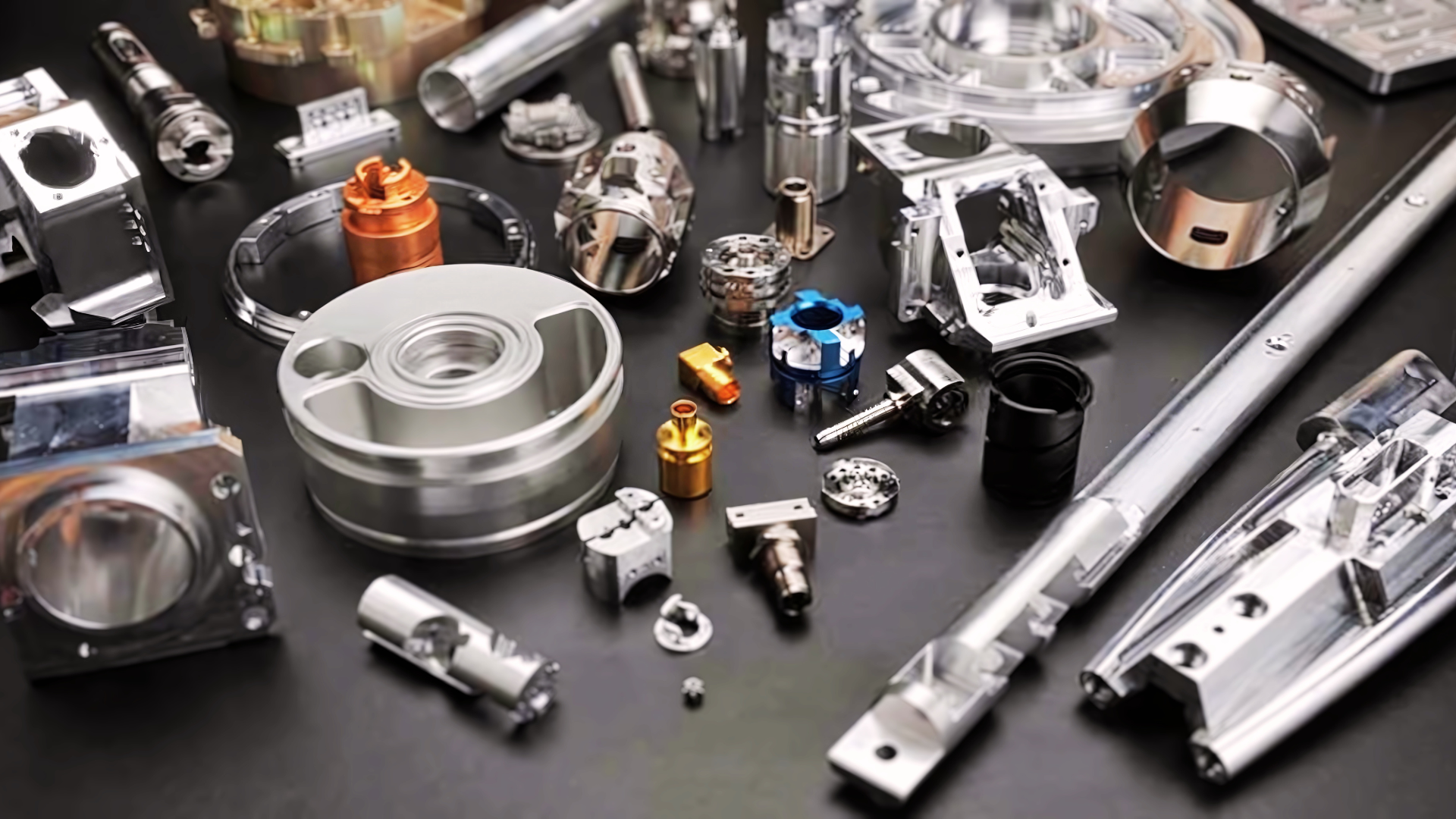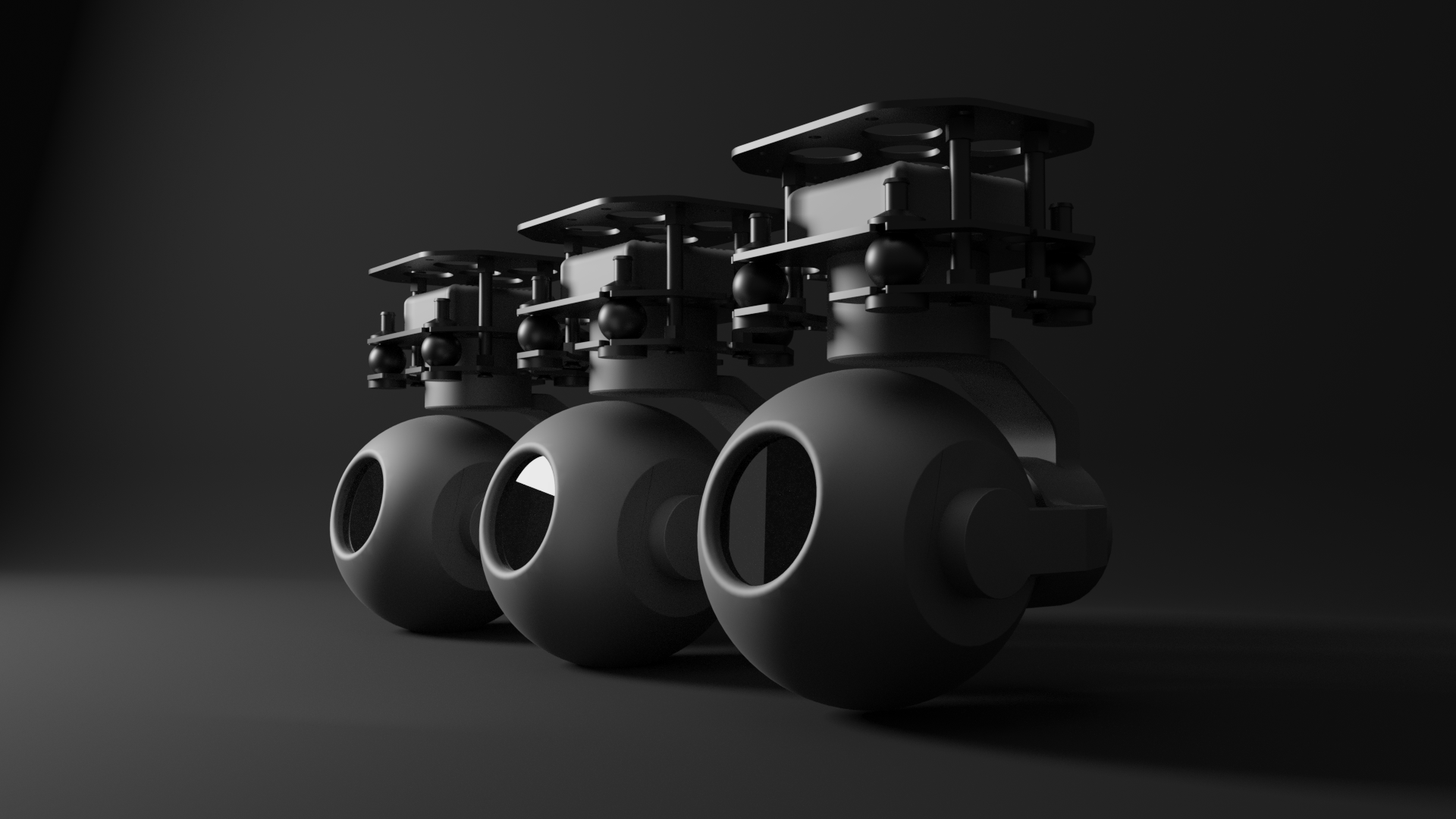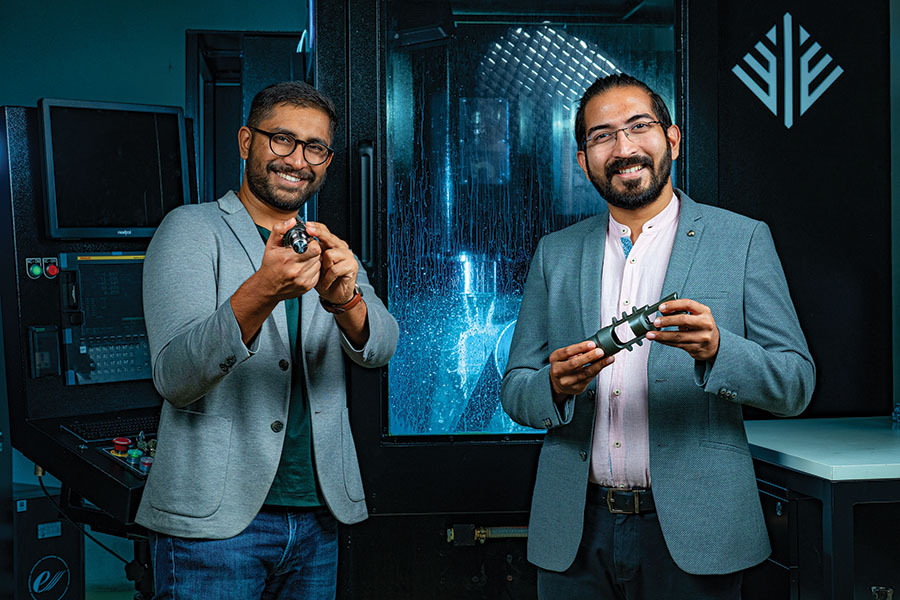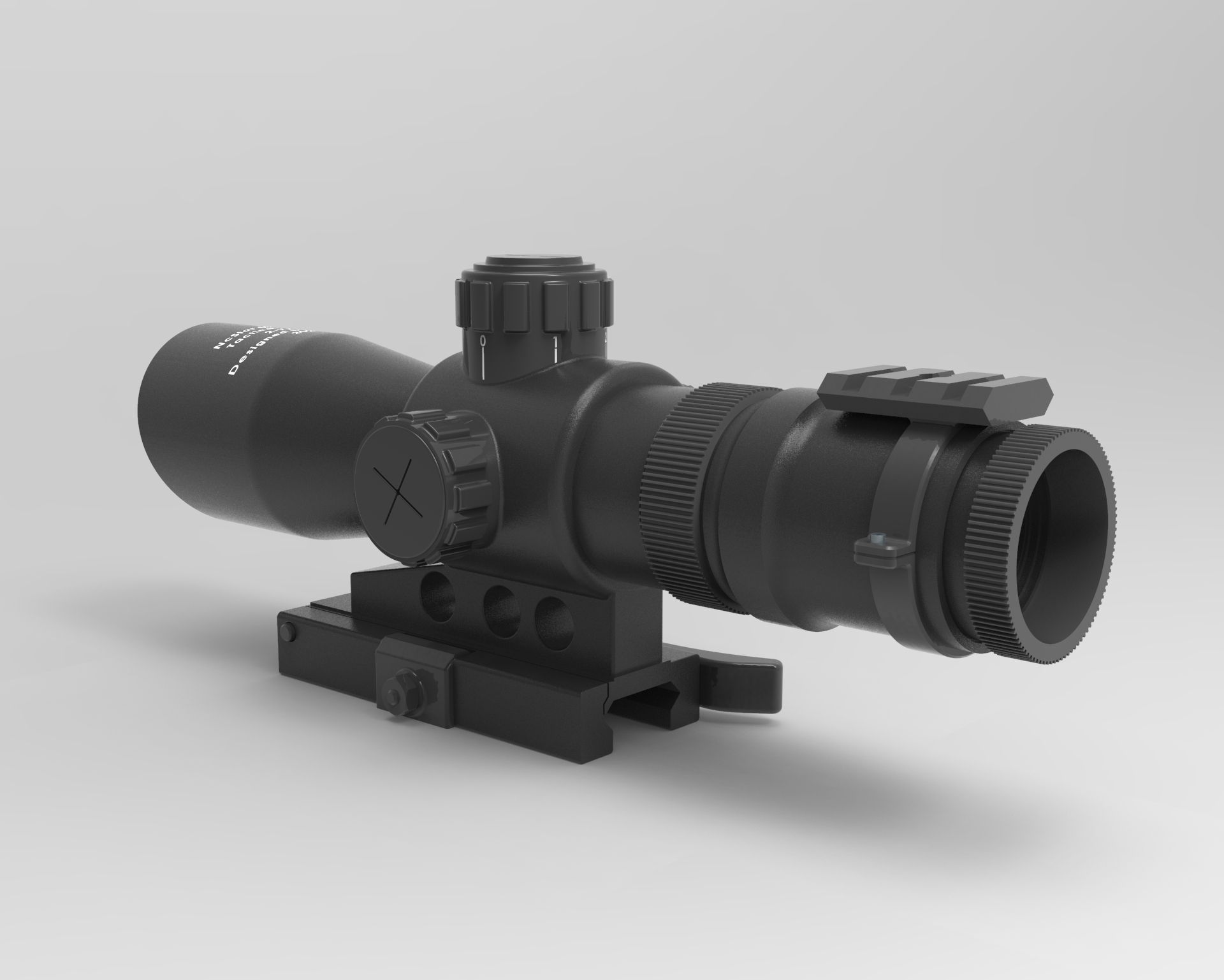How Tech Innovations are Shaping Sustainable Manufacturing
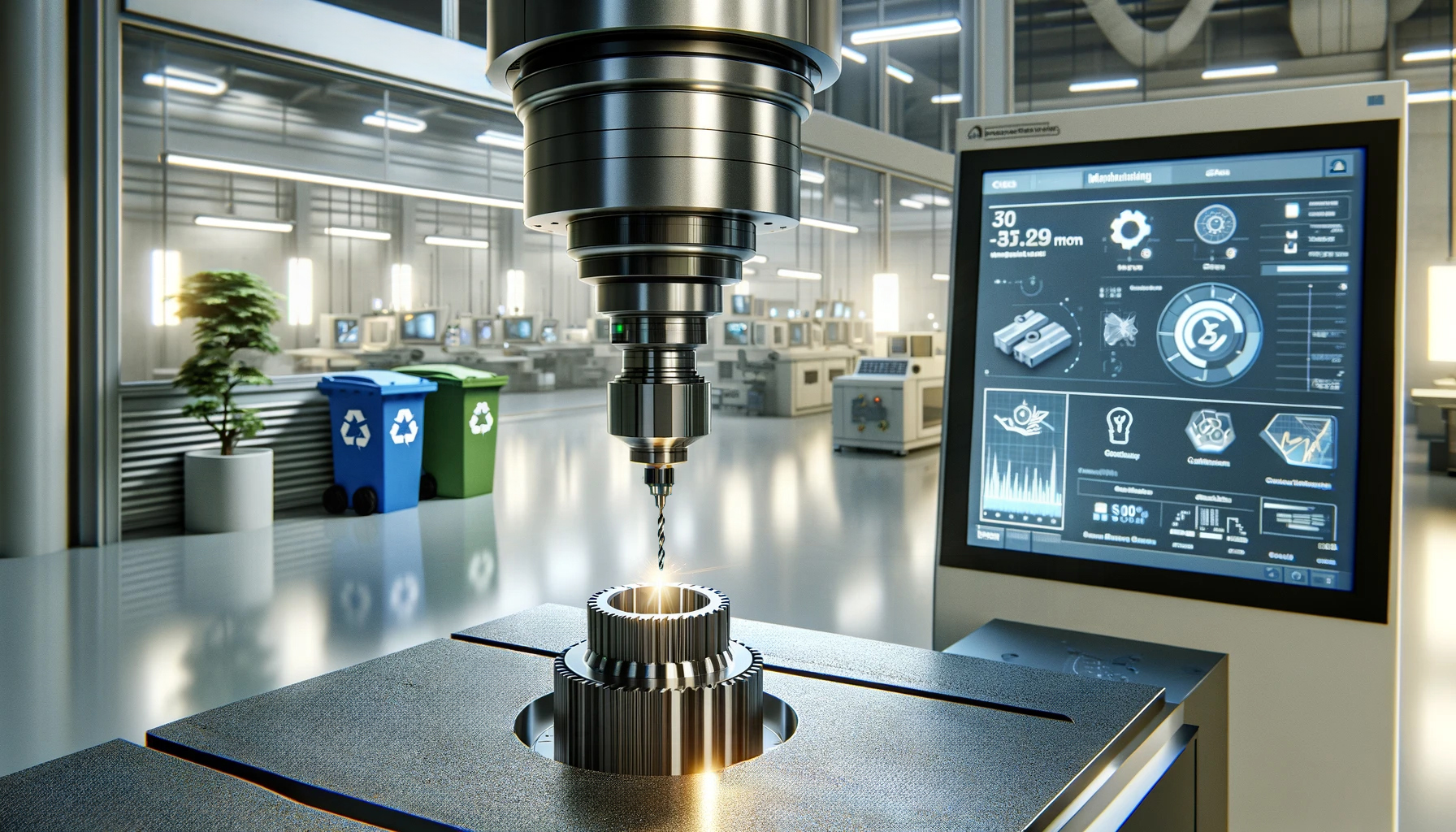
The Earth is at a tipping point. Climate change, driven in part by traditional manufacturing practices, threatens our planet’s health. But there’s a beacon of hope – technology. By embracing sustainable manufacturing principles, businesses lead the charge toward a greener future.
This blog delves into the exciting world of sustainable manufacturing, exploring how tech transforms processes, minimizes waste, and creates a more responsible future. We’ll explore real-world examples of companies leading the charge, innovative solutions making waves, and upcoming events like the Sustainable Manufacturing Strategies Summit.
What is Sustainable Manufacturing?
Sustainable manufacturing is a holistic approach to creating products that minimize environmental impact, conserve resources, and ensure employee and community safety. It’s not just about “going green” – it’s about building a business model that thrives in harmony with the environment. Here’s a breakdown of its key aspects:
- Resource Efficiency: Minimizing waste throughout the production process, from raw material extraction to product disposal.
- Energy Conservation: Utilizing renewable energy sources and optimizing energy consumption in production facilities.
- Pollution Reduction: Implementing strategies to minimize air and water pollution generated during manufacturing.
- Safer Materials: Utilizing non-toxic and recyclable materials whenever possible.
- Socially Responsible Practices: Ensuring fair labor practices, ethical sourcing, and community well-being.
According to the United Nations Environment Programme (UNEP), the manufacturing sector is responsible for over one-third of global energy consumption and greenhouse gas emissions. Sustainable manufacturing offers a path toward a more sustainable future, with a report by markets and markets, the global sustainable manufacturing market was valued at USD 215.4 billion in 2024 and is estimated to reach USD 367.2 billion by 2029, registering a CAGR of 11.3% during the forecast period.
Companies Leading the Sustainable Manufacturing Movement
Several companies are leading the way in adopting sustainable practices:
- Patagonia: This outdoor apparel giant is renowned for its commitment to sustainability. They utilize recycled materials, minimize waste, and offer a robust repair and reuse program for their products.
- Tesla: A pioneer in electric vehicles, Tesla’s focus on clean energy transportation is a prime example of sustainable manufacturing innovation.
- Siemens: This industrial giant is a leader in energy-efficient technologies and has pledged carbon neutrality by 2030.
- IKEA: The furniture retailer has set ambitious goals to become a circular business by 2030, with a focus on renewable and recycled materials, energy efficiency, and sustainable sourcing.
- Apple: Apple has made significant strides in using recycled materials in its products, transitioning to renewable energy, and implementing robotics for disassembly and recycling.
These are just a few examples, and the list is constantly growing. According to a report by the World Economic Forum, over 25% of the world’s largest companies are now pursuing sustainable manufacturing initiatives.
Sustainable Manufacturing Solutions
Artificial Intelligence (AI) and Machine Learning (ML):
Analyzing data and leveraging AI and ML tools to optimize production processes, minimize waste, and predict equipment failures. Companies like IBM, Siemens, and GE are leading the way in industrial AI solutions. For example, IBM’s Watson AI is being used by manufacturers to predict equipment maintenance needs, reducing downtime and extending asset life.
Additive Manufacturing (3D Printing):
Creating complex parts with minimal material waste compared to traditional subtractive manufacturing methods. GE Aviation has embraced 3D printing to produce fuel-efficient aircraft components, while Adidas has used 3D printing to create sustainable, data-driven shoe designs.
Closed-Loop Manufacturing:
Designing products for disassembly and reuse, minimizing the need for virgin materials. Dell and HP have implemented closed-loop manufacturing for their computers and printers, while Ford is exploring closed-loop recycling for automotive plastics.
Industrial Internet of Things (IIoT):
Sensors and data analytics provide real-time insights into production processes, enabling data-driven sustainability improvements. Bosch and Hitachi are pioneering IIoT solutions for smart factories. For instance, Bosch’s connected factory solutions help manufacturers optimize energy usage and reduce waste.
Learning from Nature
Nature has always been a source of inspiration for human ingenuity. Biomimicry, the science of mimicking nature’s designs and processes, offers a treasure trove of solutions for sustainable development.
Think about the remarkable ability of a lotus leaf to repel water and dirt. The Royal Society of Chemistry tells us this “Lotus Effect” has inspired the development of self-cleaning surfaces. Companies like NanoSystems and NeverWet are commercializing biomimetic self-cleaning coatings.
Another example comes from the underwater world. The microscopic ridges found on shark skin have inspired the development of special coatings for ships and airplanes, as highlighted by the Biomimicry Institute. Businesses like Sharklet Technologies are exploring these shark-inspired solutions.
Researchers are even exploring ways to mimic spider silk, one of the strongest natural fibers known to man. Imagine creating lightweight, high-strength materials for various applications, including aerospace and construction, all inspired by a spider’s web! Biomimicry holds immense potential for developing sustainable solutions across various industries.
The Power of Advanced Recycling
Electronic waste (e-waste) is a growing concern due to the rapid pace of technological advancements. According to the UNITAR, the annual generation of e-waste is rising by 2.6 million tonnes annually and is on track to reach 82 million tonnes by 2030. However, innovative recycling technologies are offering solutions:
Urban Mining
Hydrometallurgy
This technique utilizes chemical processes to separate metals from other materials present in e-waste. This allows for the recovery of high-purity metals for reintroduction into the manufacturing cycle, minimizing the need for virgin resource extraction. Businesses like Aurubis and Umicore are leaders in hydrometallurgical recycling.
The proverb “a stitch in time saves nine” perfectly applies to sustainable practices in CNC machining. Minimizing waste upfront through techniques like 5-axis machining and AI optimization significantly reduces the need for future waste disposal and resource extraction.
Minimizing Waste with 5-Axis Machining
Optimizing Cutting Paths with AI and Machine Learning
Coolant Recycling Systems
Coolants are essential for keeping CNC tools cool during operation. Modern CNC machines often incorporate coolant recycling systems, extending the life of the coolant and minimizing environmental impact. Every drop counts and these systems ensure coolants are reused to their maximum potential.
Restoring Our Land with a Multi-Tech Approach
Land degradation, caused by factors like deforestation and unsustainable agricultural practices, is a major threat to our planet’s health. However, a combination of technological advancements is offering promising solutions.
- Precision Seeding Drones: Drones equipped with special seeding mechanisms are being used to reforest vast areas quickly and efficiently. These drones can precisely target specific locations, overcoming the limitations of traditional manual seeding methods. Imagine a swarm of drones blanketing a barren landscape with new life, all thanks to automation! Companies like DroneSeed and Biocarbon Engineering are pioneering drone-based reforestation efforts.
- Satellite Imaging and Big Data Analysis: High-resolution satellite imagery paired with advanced big data analytics helps identify areas needing restoration efforts. By analyzing factors like soil quality and vegetation cover, scientists can create targeted intervention plans. It’s like giving the Earth a checkup from space, and big data helps diagnose the areas that need the most attention. Organizations liken Planet and Descartes Labs are leading the charge in geospatial analytics for environmental monitoring.
- Robotics for Weed Control and Planting: Autonomous robots are being employed for tasks like weed removal and targeted seed planting. These robots can navigate challenging terrain and work tirelessly, significantly reducing reliance on herbicides and manual labor. Companies like FarmWise and Ecorobotix are at the forefront of agricultural robotics.
Conclusion
The time to act is now. Let’s leverage the power of technology to revolutionize manufacturing, reduce our environmental footprint, and build a sustainable future. Together, we can make a difference and pave the way for a greener, more sustainable world. Let’s focus on innovative, complex designs and materials to create a sustainable future. Take advantage of our Ethereal Machines 5-axis CNC systems to manufacture without worrying about machining restrictions. Join us in this journey towards excellence and sustainability—partner with us for your CNC machining needs.
On-demand CNC Machining Services by Ethereal Machines offers the perfect solution for your CNC machining needs. With secure and confidential processes, you can get an instant quote and access expert advice from their technical team. Whether you need custom CNC machined parts or have a specific project in mind, Ethereal Machines is committed to helping you every step of the way. Try MAAS now and achieve your goals with ease.
Views: 997





